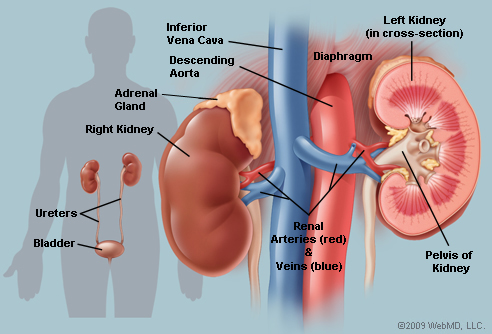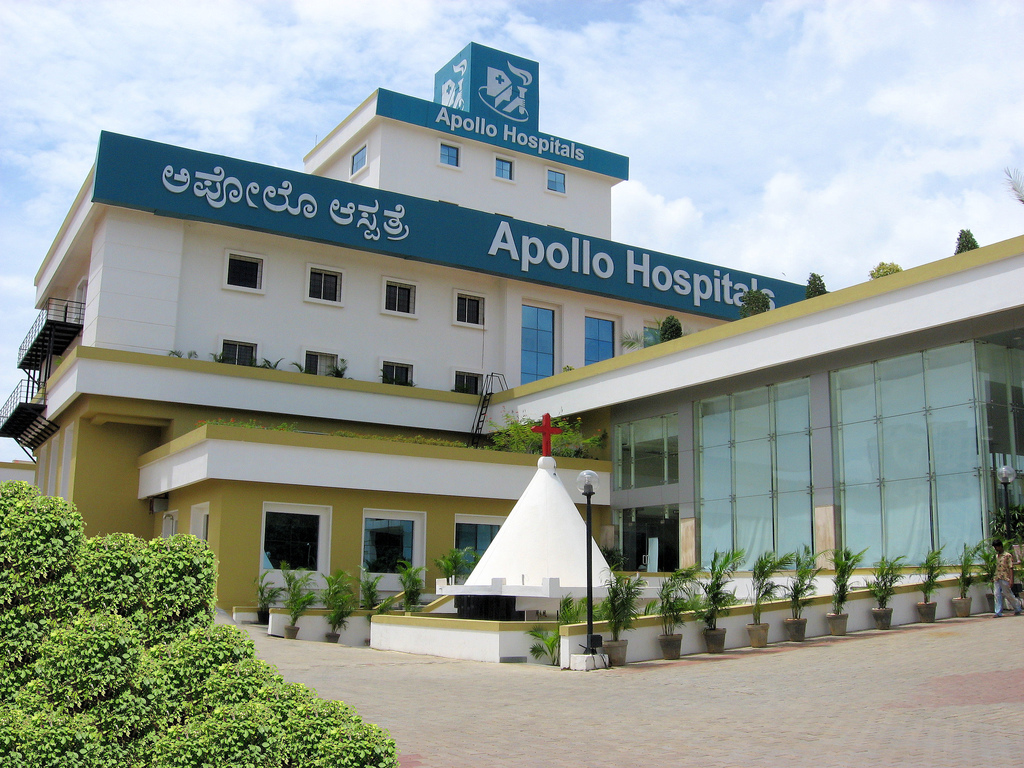VENTRICULAR septal defect is a hole between the pumping chambers of the heart. Traditionally this has been closed by open heart surgery, which involves opening of the chest, by-pass-machine and closing the hole surgically. Apollo Hospital, has, however led the way in this high-tech surgical procedure
In the last 10 years there has been a tremendous development in treatment of this condition using the pin-hole technique [angiogram] without any scar in the chest. However, a particular type of VSD- Subarterial VSD, a hole just below the main valves of the heart, has to be closed by surgery only.
A 12- year old girl had a congenital heart problem. She was detected to have sub-arterial ventricular septal defect as early as two years of age. The doctors had advised her for surgery as the hole was very close to the valves and can damage the valves. The parents were scared of surgery as it can cause a scar and also the risk of the by-pass procedure.
They postponed the surgery till they heard about the procedure when the child was 14 years of age. By this time the hole has damaged the valve mildly. They came to Apollo Children’s Hospital for opinion in September 2014. After the initial assessment we felt that we can close the hole by pin-hole technique avoiding surgery. After explaining this to the family we took the child for the procedure.
The procedure was done under local anaesthesia. It took us half an hour for the procedure. The hole was successfully closed by VSD Device by transcatheter technique and she was discharged from the hospital on the very next day. The family was ecstatic, as their14-year mental burden had come to end.
During one year follow up, she was doing fine, there was no residual leak and there was no problem in aortic and pulmonary valve. This single day procedure helped her to avoid a cardio-pulmonary bypass surgery, lifelong scar on the chest and 5-6 days hospital stay following surgery.
This is not only the story. Transcatheter closure of VSD is being successfully done for more than two decades. Long term follow up studies have shown that transcatheter closure of Ventricular Septal Defect (VSD) is a feasible alternative of surgery. Traditionally, surgery is the treatment of choice for VSD. But, it does have some potential risks of complications, including complete heart block, significant residual VSD, the necessity for re-operationand even death. Furthermore, infections, tachyarrhythmias, and neurological complications ma

 Entertainment5 days ago
Entertainment5 days ago
 Health1 week ago
Health1 week ago
 Health4 days ago
Health4 days ago
 Football1 week ago
Football1 week ago
 Football1 week ago
Football1 week ago
 Crime4 days ago
Crime4 days ago
 Crime1 week ago
Crime1 week ago
 Education6 days ago
Education6 days ago



